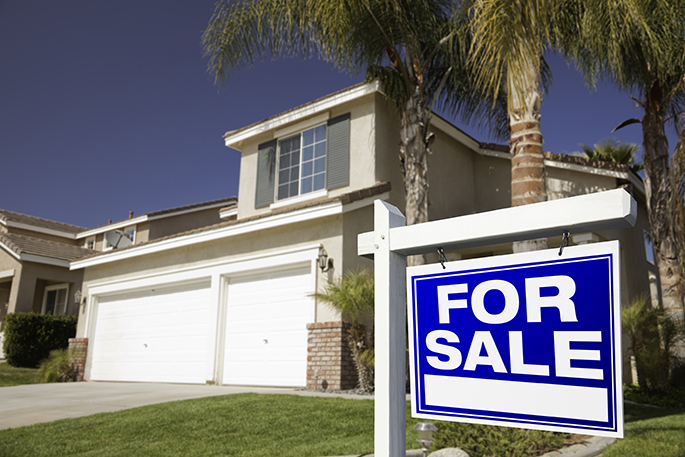All signs are pointing to a gradual correction to the residential property market as the rate of growth continues to slide - according to the QV House Price Index.
The average home increased in value by just 2.3 per cent nationally over the past three-month period to the end of February, down from the 6.1 per cent quarterly growth we saw in January, with the national average value now sitting at $1,053,483.
This represents an average annual increase of 22.9 per cent, down from 26.8 per cent annual growth last month.
The residential property market continues to cool in Tauranga, with home values rising by just 0.2% in February.
The city's three-month rolling average is currently 4.3 per cent – still relatively high compared to the national average (2.3 per cent) – but likely to continue to cool as we start to move into the cooler months, according to QV property consultant Derek Turnwald.
'It is no longer a seller's market,” he says.
'There are less prospective buyers out there and a greater number of vendors. Though there's still plenty of demand, tightening lending criteria and rising interest rates mean prospective buyers are either not able to purchase at all, or are having to scale back their purchase options.
'International borders are being opened and we can expect a significant number of Kiwi expats to return home, putting some upward pressure on prices. However, it is just as likely that many skilled workers will migrate to Australia where wages are typically higher, houses are more affordable, and the cost of living is generally lower.”
In the Auckland region, the average value now sits at $1,519,781, climbing 2.5 per cent over the last three-month period, with annual growth of 23.2 per cent, down from the 27.6 per cent we reported in January.
'Three monthly value growth for he December to February period may look quite rosy at 2.3 per cent growth, but for the last two months there's been no growth at all, while February actually shows a decline in values by 1 per cent,” says QV general manager David Nagel.
'So the strong December numbers are masking what's really happening out there.
'There are less buyers out there now with the tightened credit rules and rising interest rates taking a number of first-home buyers and investors out of the market altogether. Increased listings from both new builds and existing homes are providing the dwindling buyer pool with ample choice and this is putting downward pressure on prices.
'It's taking a lot longer to sell a house this year with open home attendance down and auction clearance rates significantly impacted. While part of this may be attributed to Covid-19, primarily we're seeing a residential property market that has peaked and is searching for the new equilibrium.”
All 16 of the major urban areas QV monitors have shown a reduction in the rate of three-monthly value growth from the January data.
'Only Palmerston North and Dunedin have registered a decline in three-monthly growth, but if you look at just February in isolation, it's dead even with eight urban areas showing growth and eight showing a decline,” says David.
'This is a pretty good sign the market has turned.
'The annual rate of value growth is still exceptionally high though, reflecting the very strong value increases we saw last year. So that means it will take some time for this measure to reduce to more ‘normal' levels of growth.”
For the future, David says there was a lot of international uncertainty with the war in Ukraine, ongoing concerns about the impacts of Covid-19 on the economy, and what impacts this is all likely to have on inflation and interest rates.
Meanwhile, there are a number of predictions of a surge of Kiwis leaving New Zealand, offsetting returning Kiwis over the coming months as the borders gradually open, further eroding housing demand.
New migrants entering New Zealand are not expected to impact the housing market until much later in the year.
'We'll likely see a continued gradual decline in the rate of home value growth with a correction in some locations that have experienced hyper-value growth throughout the past 12 months.”



0 comments
Leave a Comment
You must be logged in to make a comment.